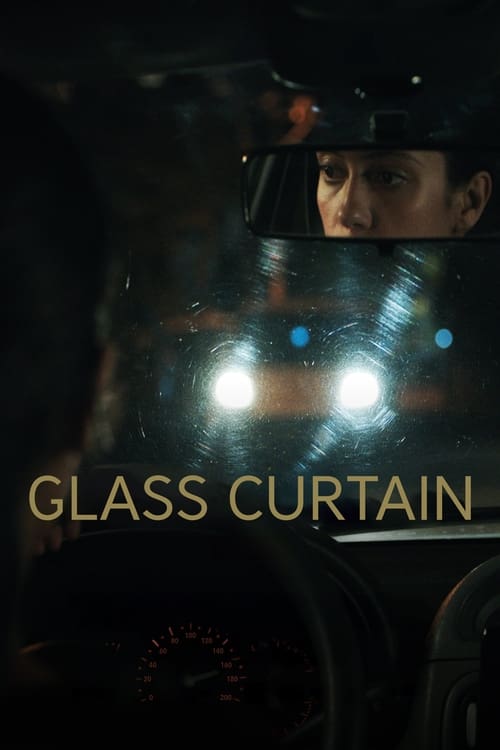
2023
Memory
Drama
8.0
User Score
199 Votes
Status
Released
Language
en
Budget
$0
Production
Teorema, MUBI, Case Study Films, Screen Capital
Overview
Sylvia is a social worker who leads a simple and structured life: her daughter, her job, her AA meetings. This is blown open when Saul follows her home from their high school reunion. Their surprise encounter will profoundly impact both of them as they open the door to the past.
Review
msbreviews
8.0
FULL SPOILER-FREE REVIEW @ https://fandomwire.com/memory-review-a-poignant-exploration-of-the-importance-of-memories/
"Memory is a poignant exploration of identity and relationships, anchored by mesmerizing performances from Jessica Chastain and Peter Sarsgaard.
Michel Franco delves into the profound significance of memories, tackling heavy themes such as dementia, sexual abuse, familial distrust, and trauma with authentic, non-exploitative care. The deliberately subtle technical choices, such as a colorless palette and the absence of a musical score, heighten the sensitive weight of the impactful atmosphere.
Packed with fascinating, morally complex characters, the movie stands as a testament to the transformative potential of cinema in studying the depths of the human experience."
Rating: B+
Read More Brent_Marchant
7.0
How we remember our past is something we can all bank on, right? Or is it? For instance, what happens when mitigating influences impact our memory, potentially causing it to become fallible and untrustworthy? Can we truly rely on our recall then? Those are among the questions raised in the unconventional new romantic thriller from writer-director Michel Franco. The film follows the life of Sylvia, a recovering alcoholic with a troubled past (Jessica Chastain), who’s unexpectedly (and alarmingly) followed home from her high school reunion by an alleged former classmate, Saul (Peter Sarsgaard), whom she believes sexually molested her at that time. She’s troubled by this latest development and questions his motives about it, which even he doesn’t understand, especially when it’s revealed that he suffers from dementia. And, in an added twist, it turns out that Sylvia’s recall about her supposed past interaction with him is foggy, something that’s not entirely surprising in light of her history. This revelation changes everything, and an entirely new relationship between them emerges, particularly when it comes to each of them helping one another sort of their respective pasts and begin the healing process. This includes the exposure of an array of additional developments and the persistence of some still-unresolved ambiguities, all of which emerge through a skillfully crafted narrative, effectively brought to life with the superb performances of Sarsgaard and Independent Spirit Award nominee Chastain. Admittedly, the picture’s first half could benefit from some stepped-up pacing, most notably the elimination of some sequences that are occasionally redundant and innately tiresome. However, the intrigue and engagement ramp up significantly in the picture’s back end, making up for much of the tedium in the opening act. Some of this is ironically accomplished through deftly handled nuance and subtlety, qualities that the filmmaker employs far more skillfully in the second half than in the first, where these traits are virtually obscured by prevailing understatement. Clearly, this is one of those releases that requires the viewer to give it some time to develop, but the payoff for doing so is worth it in the end. If nothing else, “Memory” provides us with a fresh perspective on its central theme while showing us how “like can cure like” in a psychological therapeutic process, an approach that can yield rewards beyond measure.
Read More 



